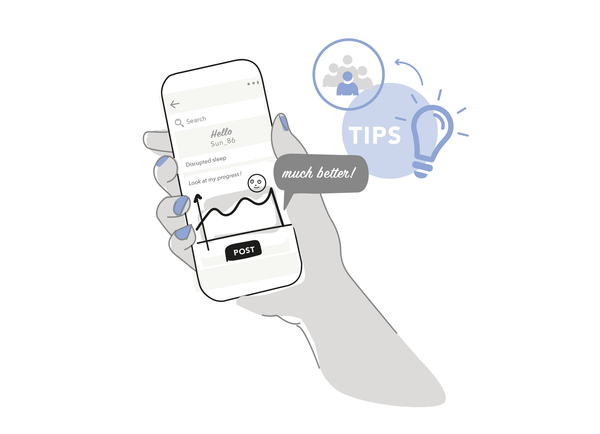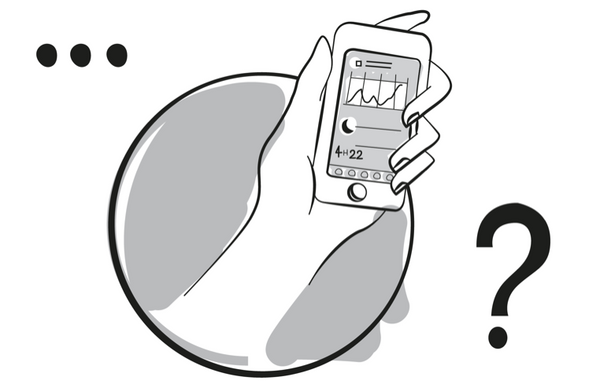Research study
On Barriers and Enablers to Personal Data Sharing
INTUIT investigated Trust, Identity, Privacy and Security (TIPS) concerns around the sharing of self-generated health and lifestyle data primarily among people living with HIV, but also for other potentially stigmatised conditions. Studies led by Northumbria University researchers aimed to:
- Understand the attitudes and experiences of people living with potentially stigmatised long-term health conditions with respect to collecting and sharing their personal health and lifestyle data across multiple contexts;
- Identify key psychological facilitators and barriers to the beneficial sharing of health and lifestyle data;
- Compare with other health conditions and generate transferable insights that can benefit people living with long-term health conditions more broadly.
Interviews about sharing personal health information when living with long-term and stigmatised conditions
The Northumbria team conducted interviews with 14 adults living with stigmatised and/or long-term health conditions, to explore, in depth, their current experiences and attitudes with respect to sharing health and lifestyle data with others. Participant sample included those living with: Type 2 Diabetes; mental health conditions; eating disorders; and genital herpes simplex virus. The sample did not include adults with HIV. Interviews were also held with public health professionals working in these areas. Interviews included a card sorting task and explored current care, online behaviour, collecting information, and how people feel about using different kinds of technology, like mobile phones, diaries or medical devices to do this. Template analysis was used to analyse interviews and descriptive statistics were used for the card sorting task.
Insights
Participants illustrated a general willingness to share health and lifestyle information however there were some notable differences in sharing behaviours, varying both by information type and recipient group. Participants reported being less willing to share health and lifestyle data via social media than directly with other recipient groups (healthcare professionals, public health/ research, other people with a similar condition, family, friends, work). Participants were less willing to share data of a sexual nature (sexual activity or sexual health), compared to data such as demographics, symptoms, mental health, mood, weight, exercise or diet. There was a general distrust towards sharing data with commercially interested parties, in contrast with the broadly held willingness to share with publicly interested organisations. Overall, participants expressed a strong desire to be able to choose what information is shared, and with whom.
Publication
R. Brown, E. Sillence, L. Coventry, E. Simpson, S. Tariq, J. Gibbs, A. Durrant (2022) Understanding the attitudes and experiences of people living with potentially stigmatised long-term health conditions with respect to collecting and sharing health and lifestyle data, Digital Health, 8, 20552076221089798. Link to publication


